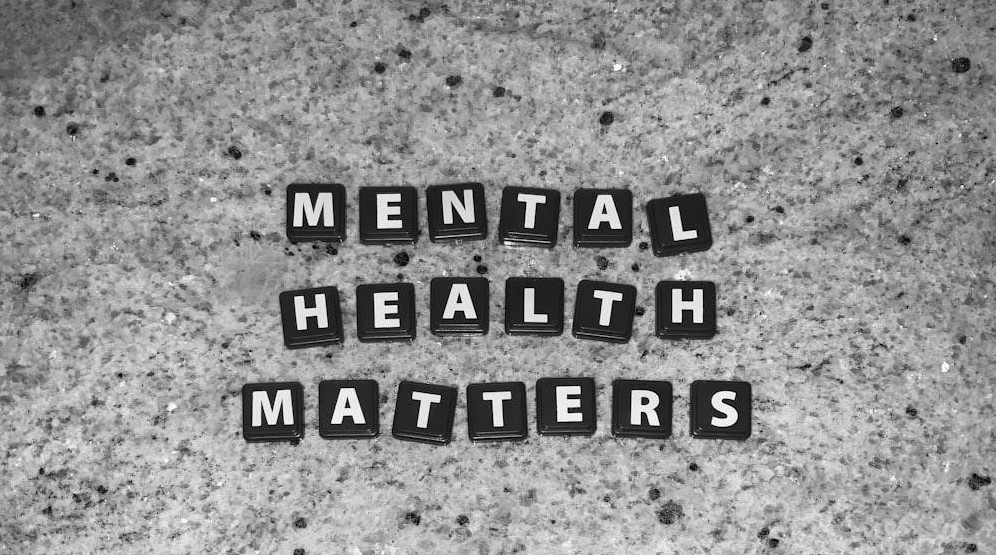
Mental Health and Physical Well-Being: The Interconnected Path to Holistic Wellness
Modern science affirms the age-old wisdom that mental and physical health are inextricably linked. It's a crucial shift in perspective, inviting us to view our well-being not in fragmented segments but as a dynamic, interconnected whole. Understanding this relationship empowers us to adopt holistic coping strategies for anxiety that optimize our health and cultivate vibrant well-being.
The Mental and Physical Health Connection
Our mental and physical states profoundly influence one another. Chronic stress, for example, can manifest physically as weakened immunity, digestive issues, and increased susceptibility to illness. Conversely, physical ailments such as chronic pain or illness can trigger anxiety, depression, and emotional distress.
This bidirectional relationship underscores the necessity of a holistic approach to healthcare. Addressing only physical symptoms neglects the potential underlying mental health factors, limiting long-term recovery. Similarly, solely focusing on mental health without considering physical well-being can hinder treatment efficacy.
Holistic Health Strategies
Holistic health encompasses a range of stress management techniques and strategies that help in anxiety relief by nurturing the mind, body, and spirit. This approach extends beyond simply treating ailments, recognizing that true wellness stems from proactive practices that promote balance and resilience. Examples include:
- Nourishing Diet: A balanced diet rich in whole foods offers the essential building blocks for physical and mental health.
- Regular Exercise: Physical activity has potent mood-boosting effects, reduces stress, and improves overall health.
- Stress Management: Techniques like mindfulness for anxiety management, deep breathing, and yoga help manage stress and its detrimental impact on well-being.
- Restful Sleep: Adequate sleep is crucial for cognitive function, emotional regulation, and physical repair.
Adopting a Wellness Lifestyle
A wellness lifestyle is a commitment to practices that support our well-being across all dimensions. Small, sustainable changes can have a profound impact. Consider:
- Prioritizing self-care: Schedule dedicated time for activities that nourish you, such as a relaxing bath or pursuing a hobby.
- Building community: Strong social connections are vital for emotional well-being and resilience.
- Spending time in nature: Exposure to natural environments promotes relaxation and reduces stress hormones.
Mind-Body Wellness
Mind-body wellness recognizes the potent interplay between our thoughts, emotions, and physical sensations. Practices that cultivate this awareness include:
- Mindfulness: Present-moment awareness helps calm mental chatter, improves focus, and fosters emotional regulation.
- Body-based therapies: Somatic therapies like massage and dance/movement therapy release physical tension and stored stress.
- Expressive arts: Creative outlets like art, journaling, or music can channel emotions and provide a sense of release.
Conclusion
The interconnectedness of mental and physical health invites us to approach our well-being holistically. Implementing wellness practices, fostering mind-body awareness, and prioritizing self-care can set the stage for a life of greater vitality, both mentally and physically.
To enhance your overall wellness, consider exploring these strategies and discover the transformative power of integrated well-being.